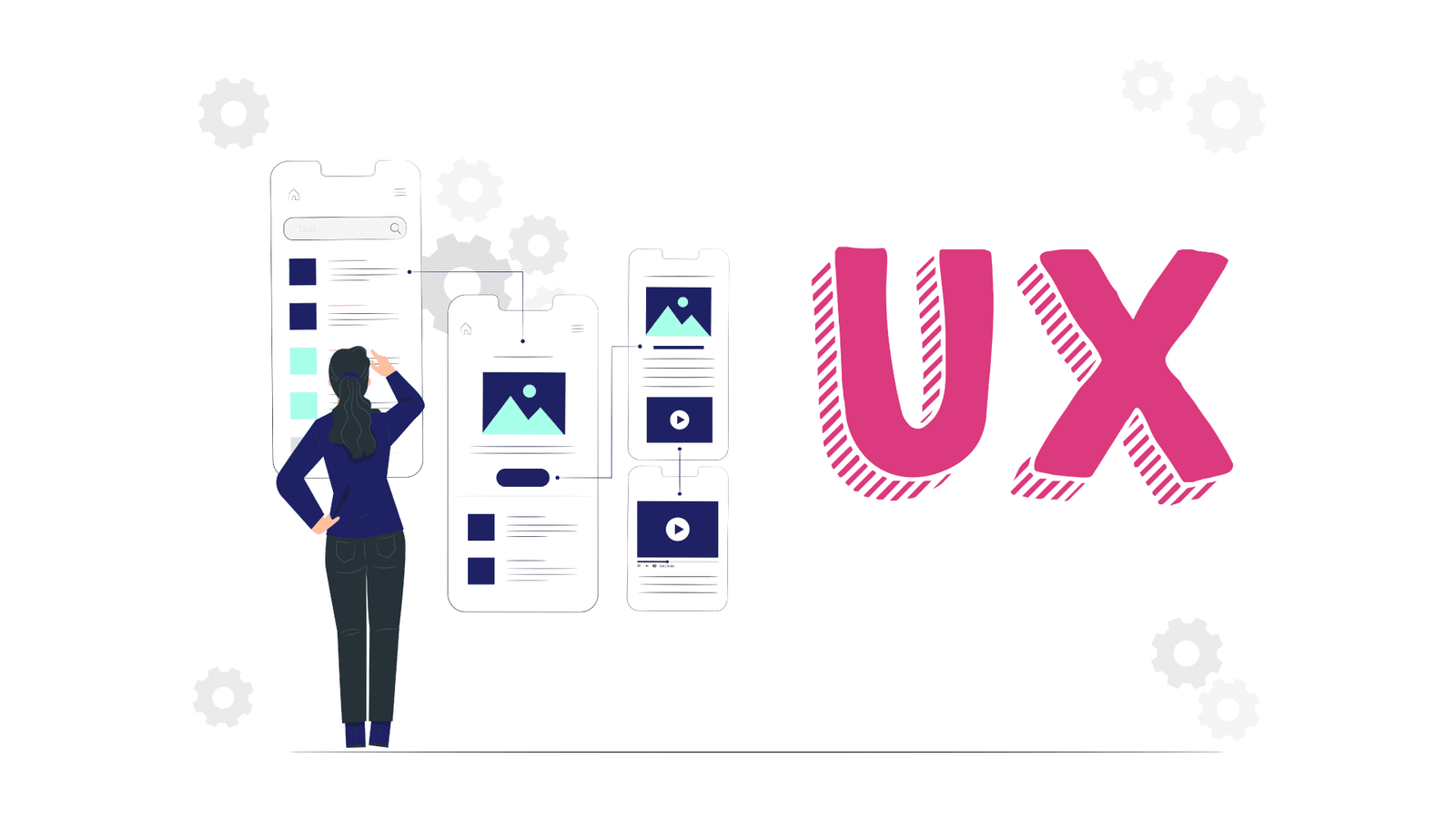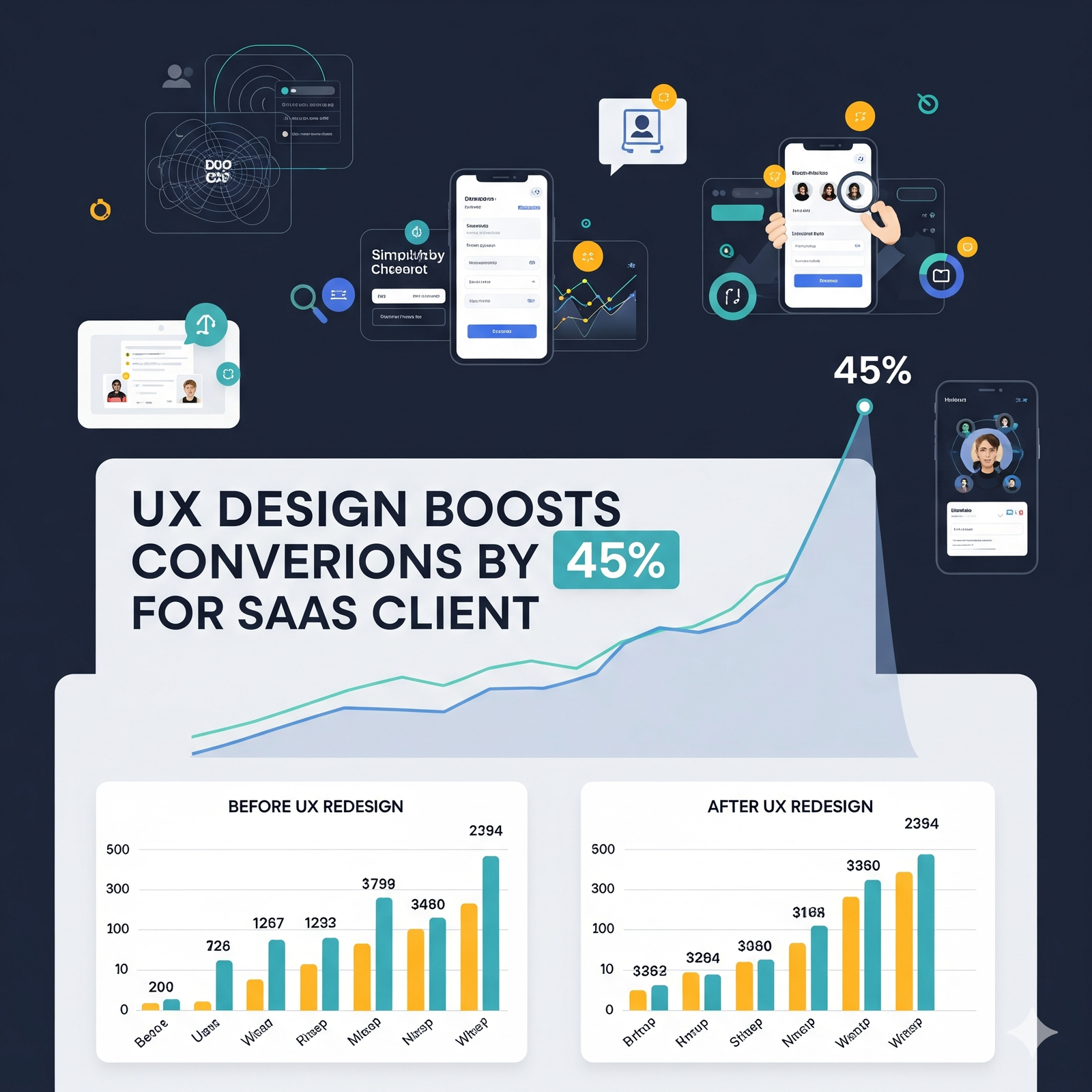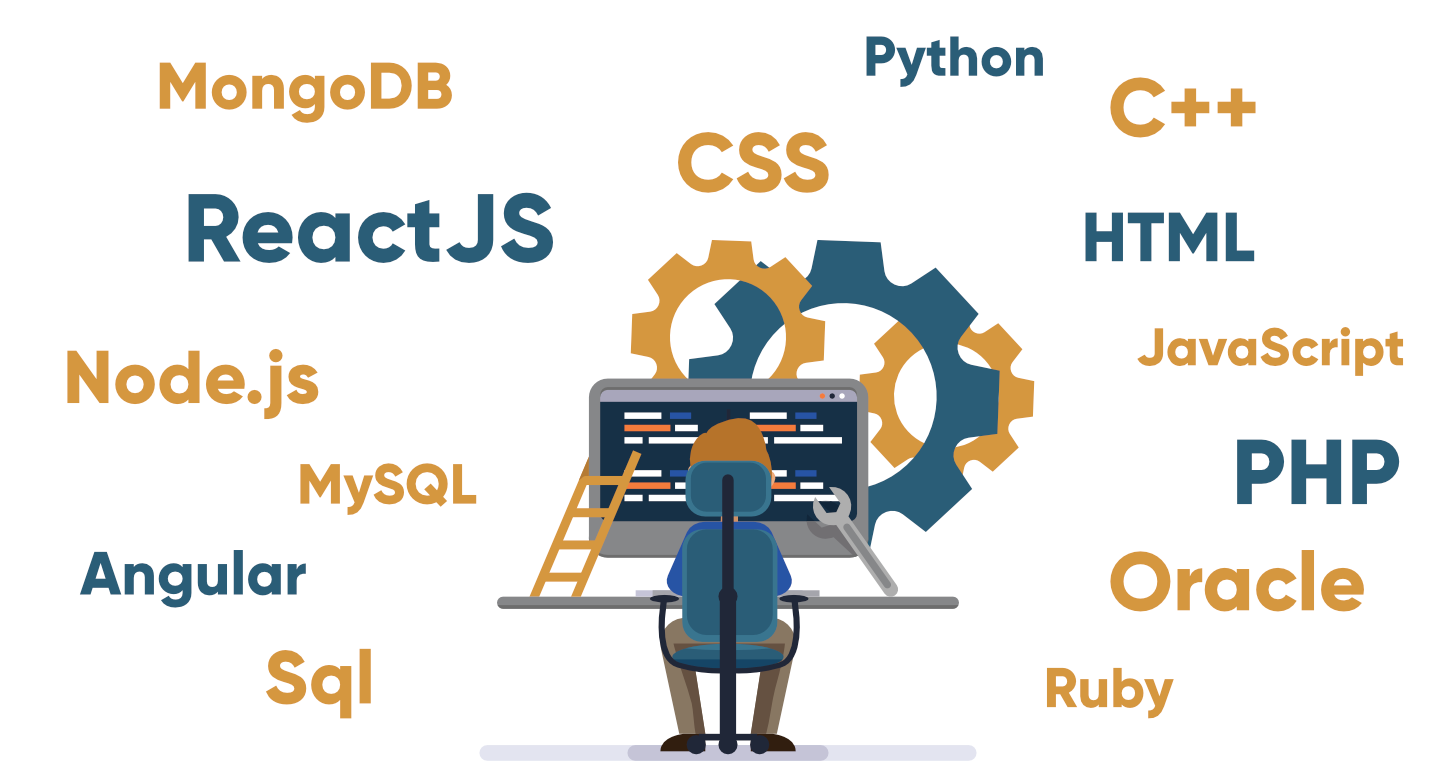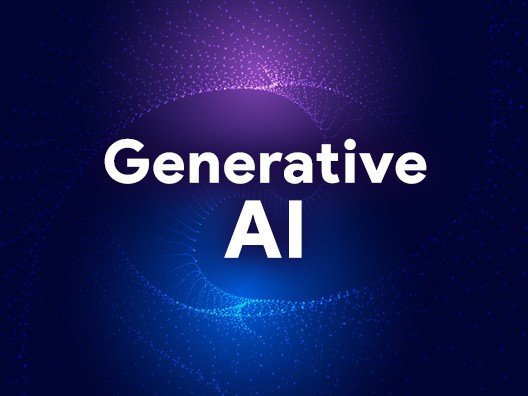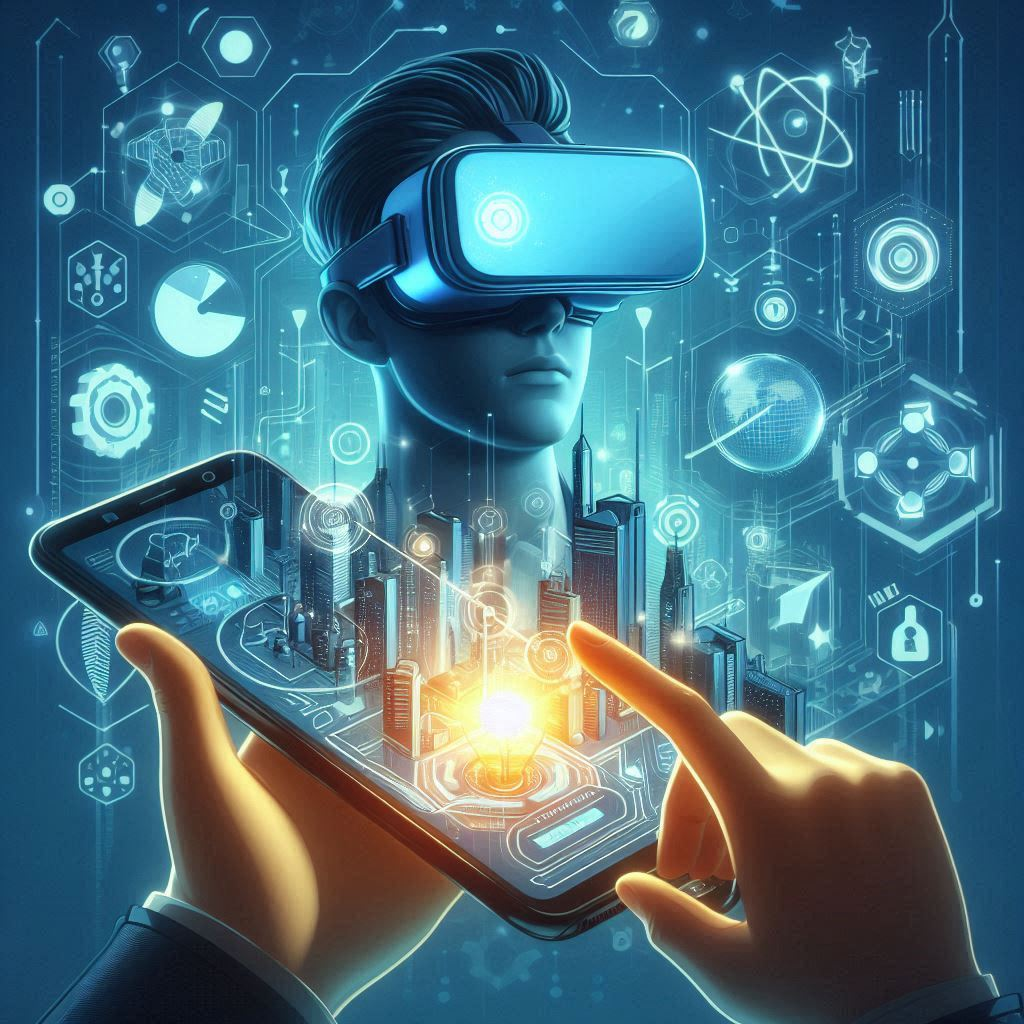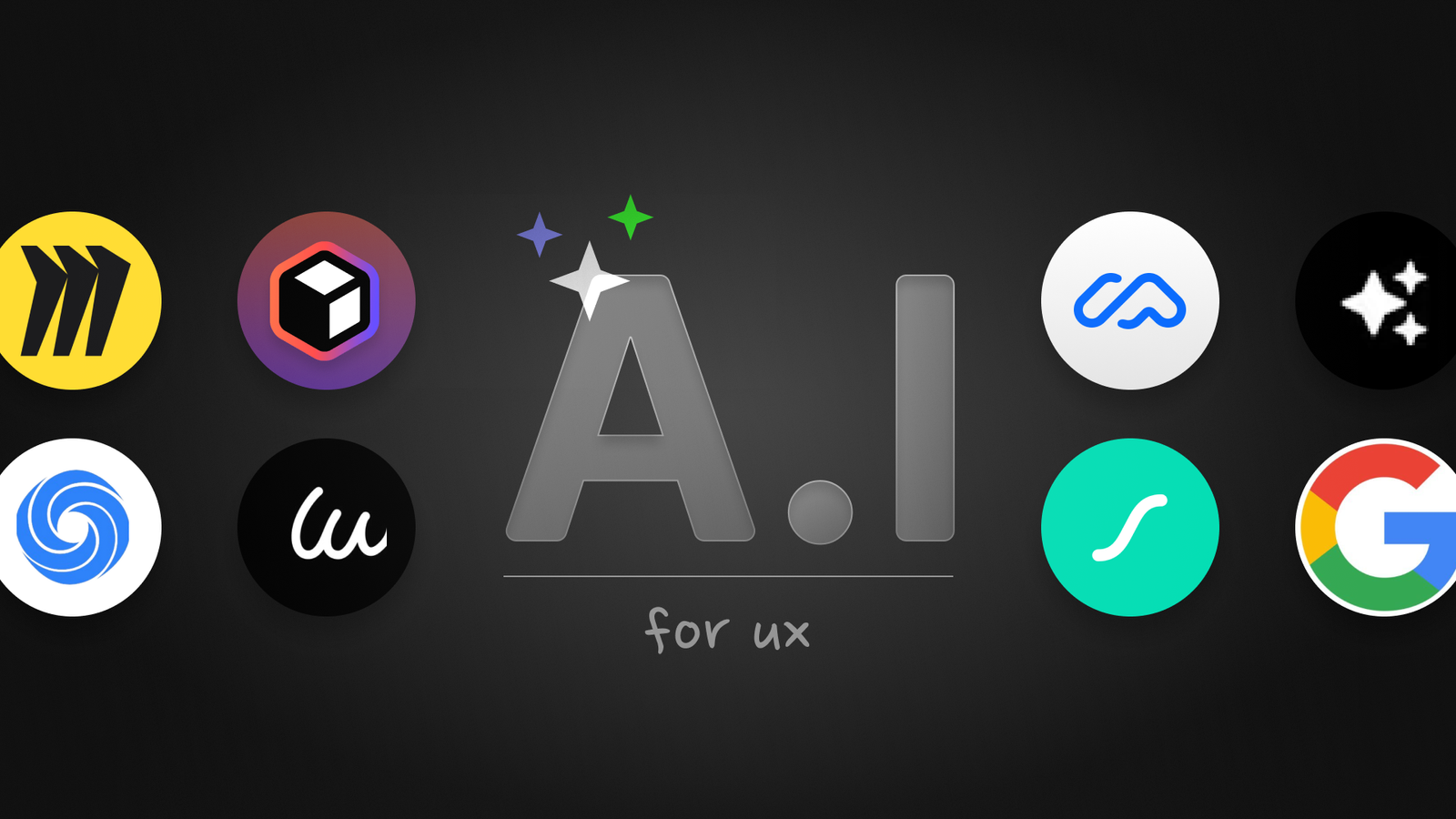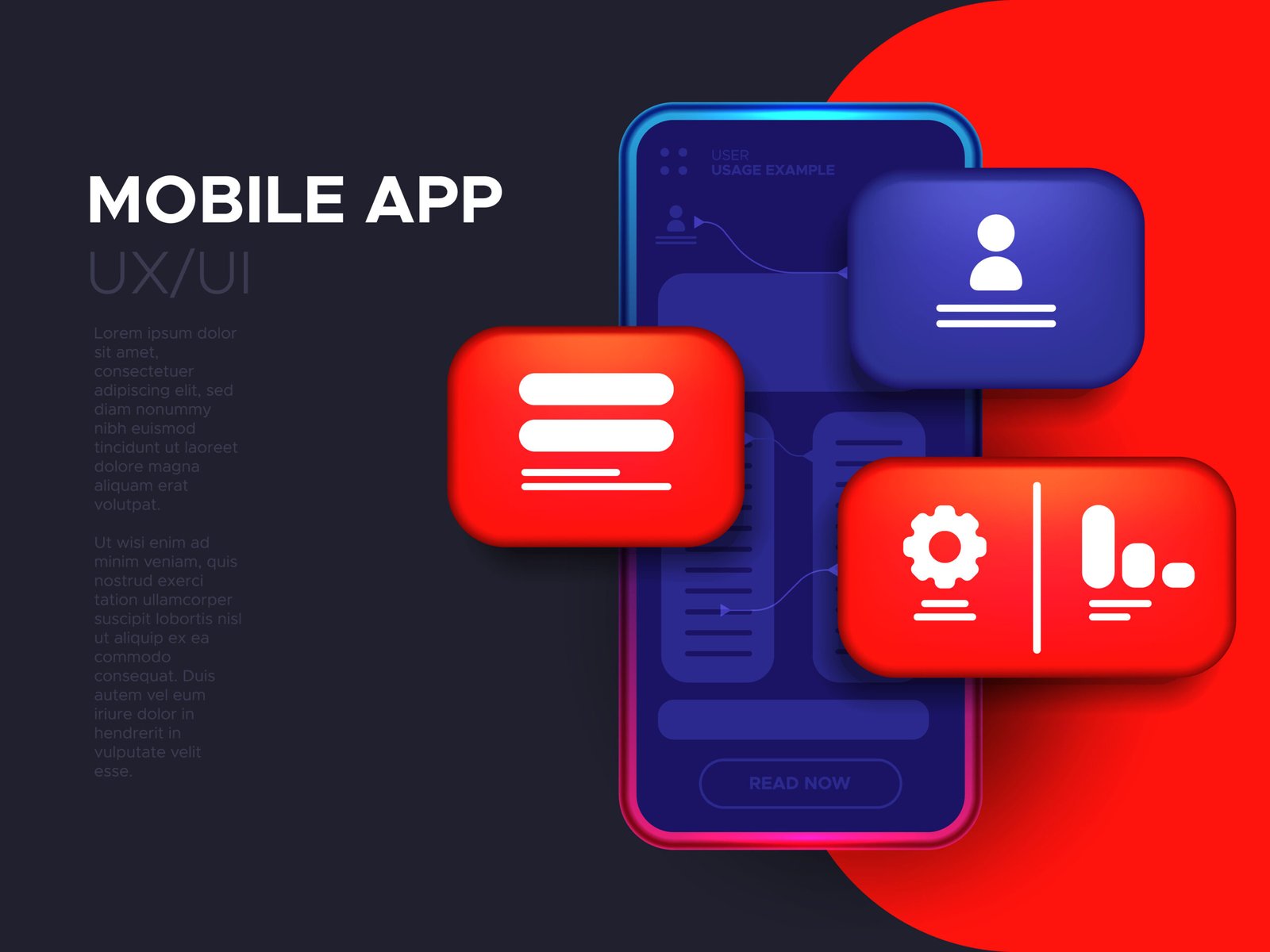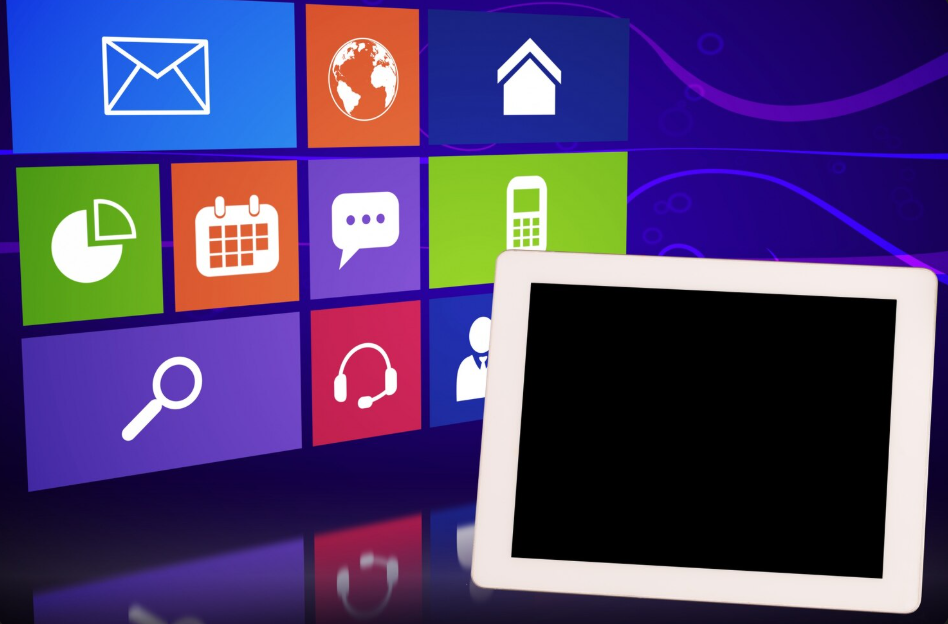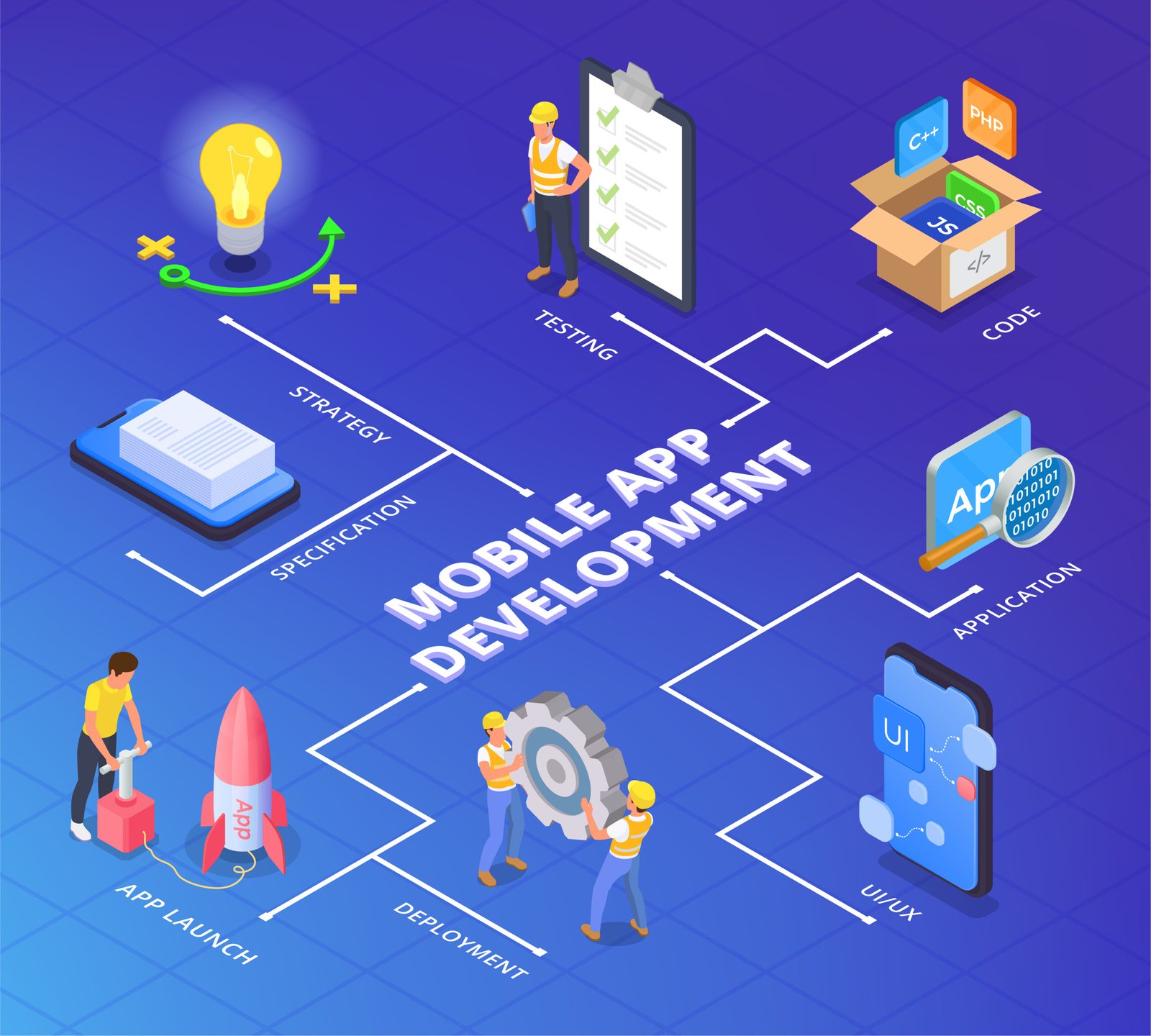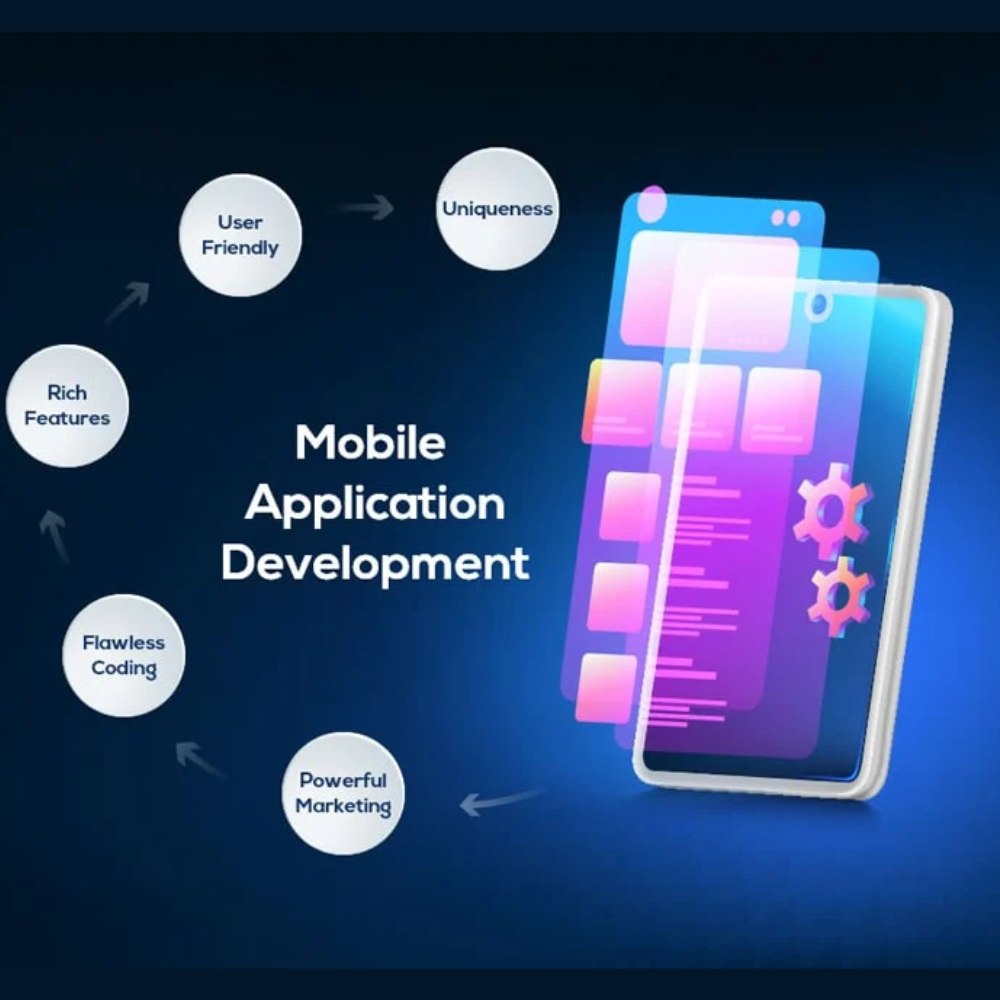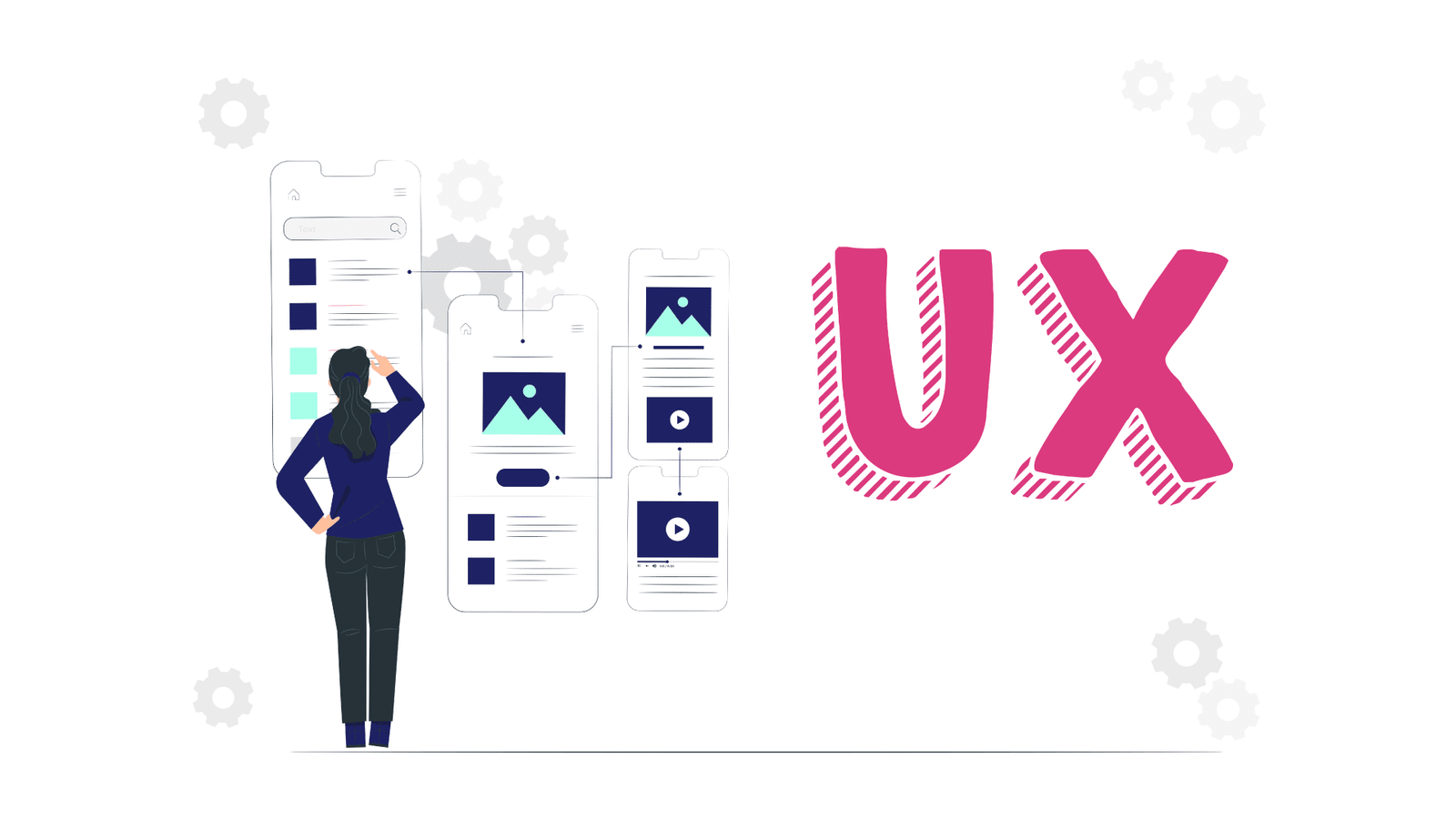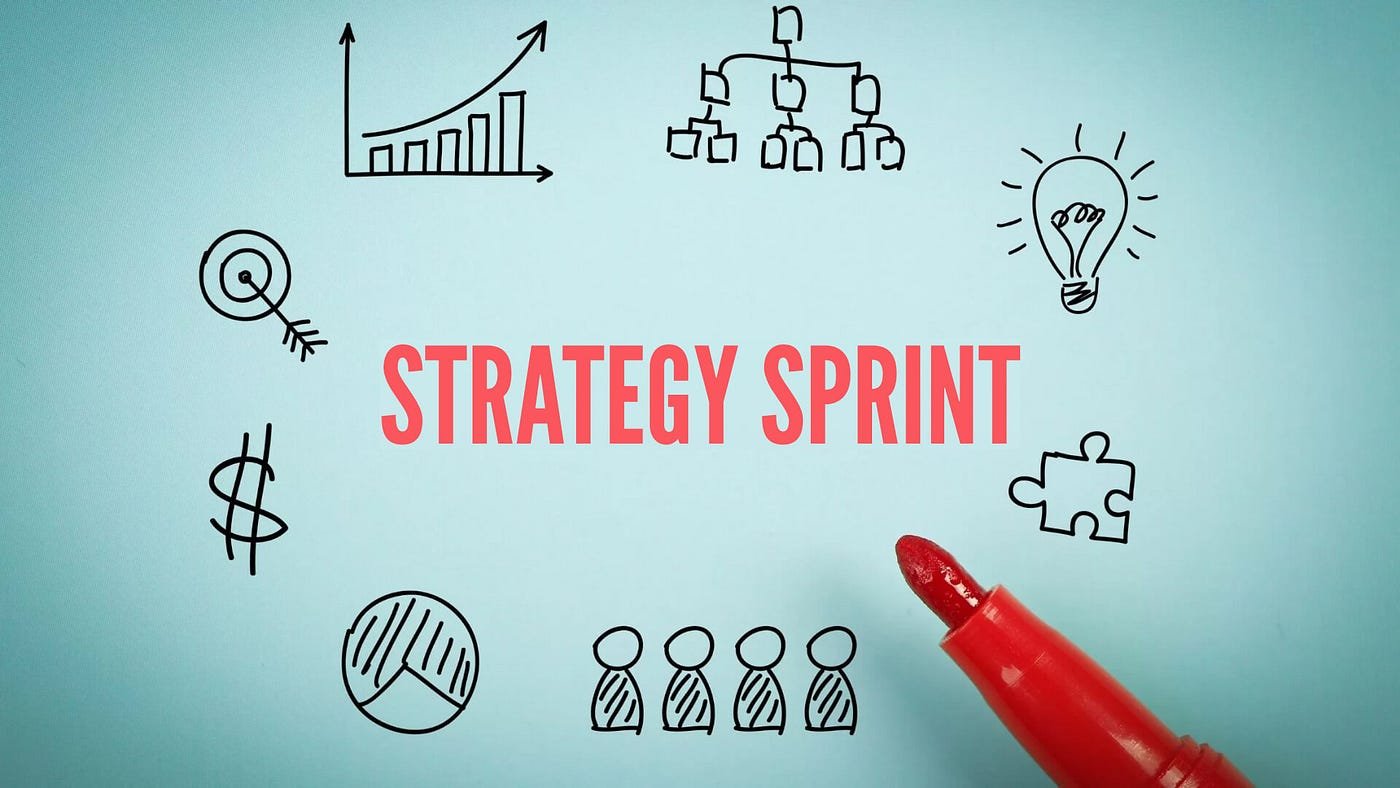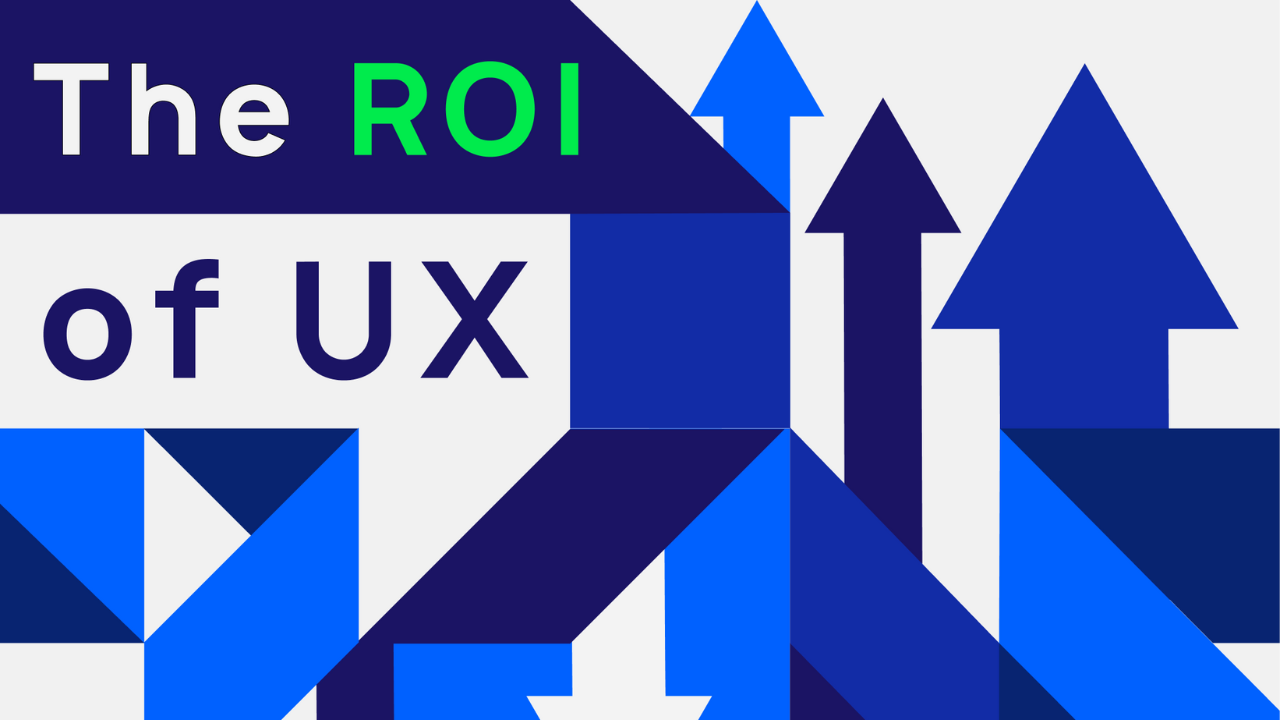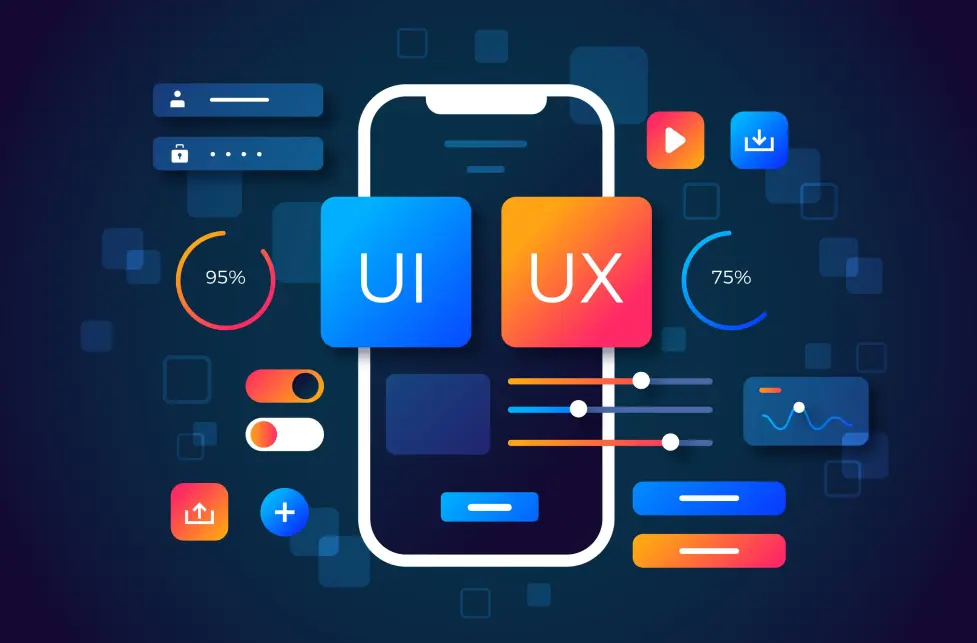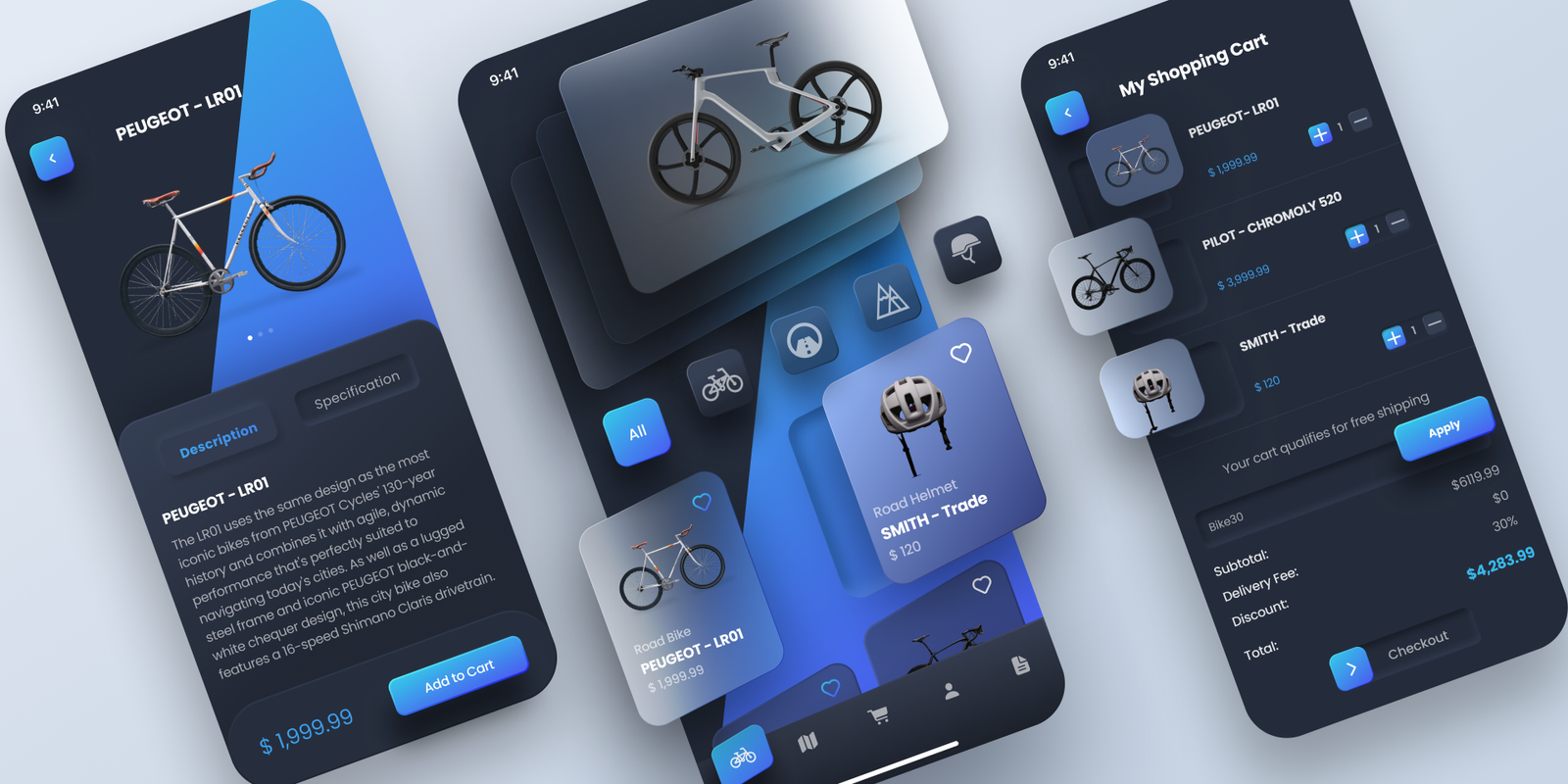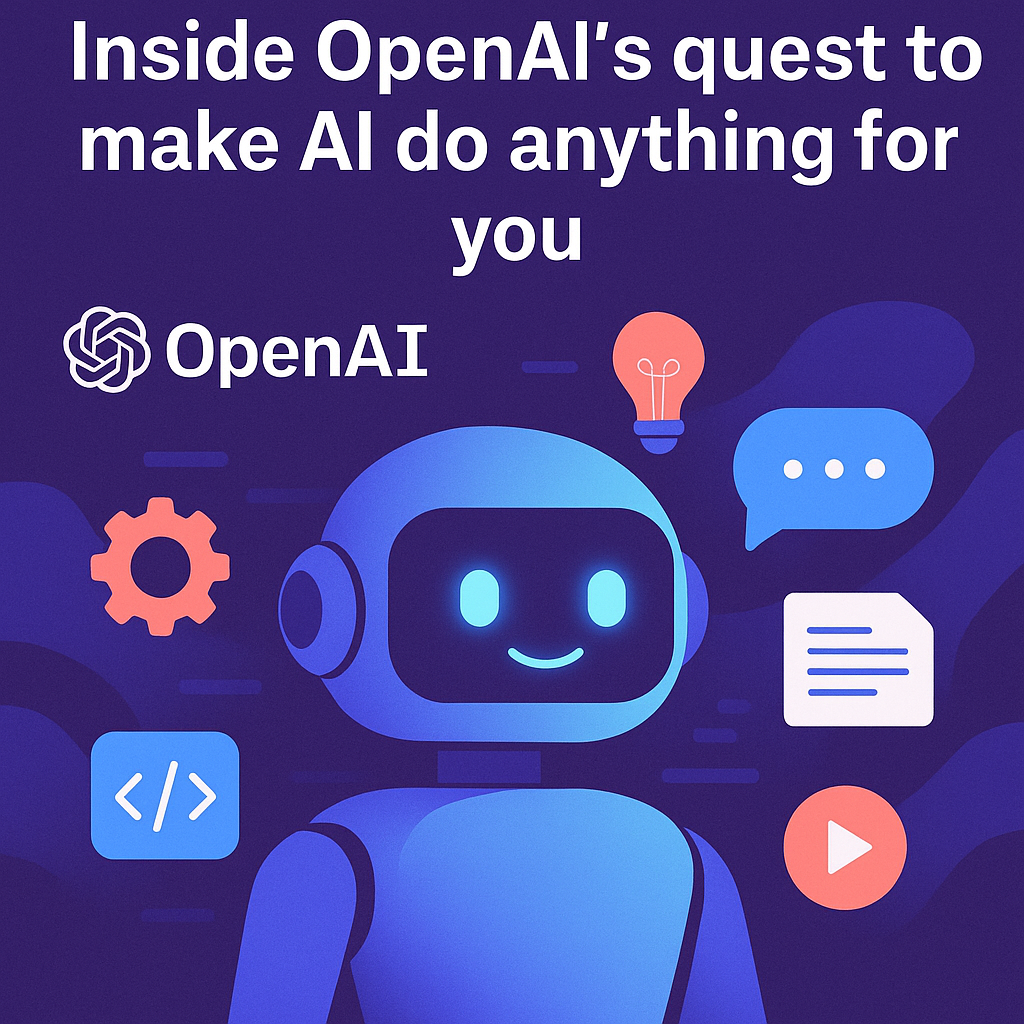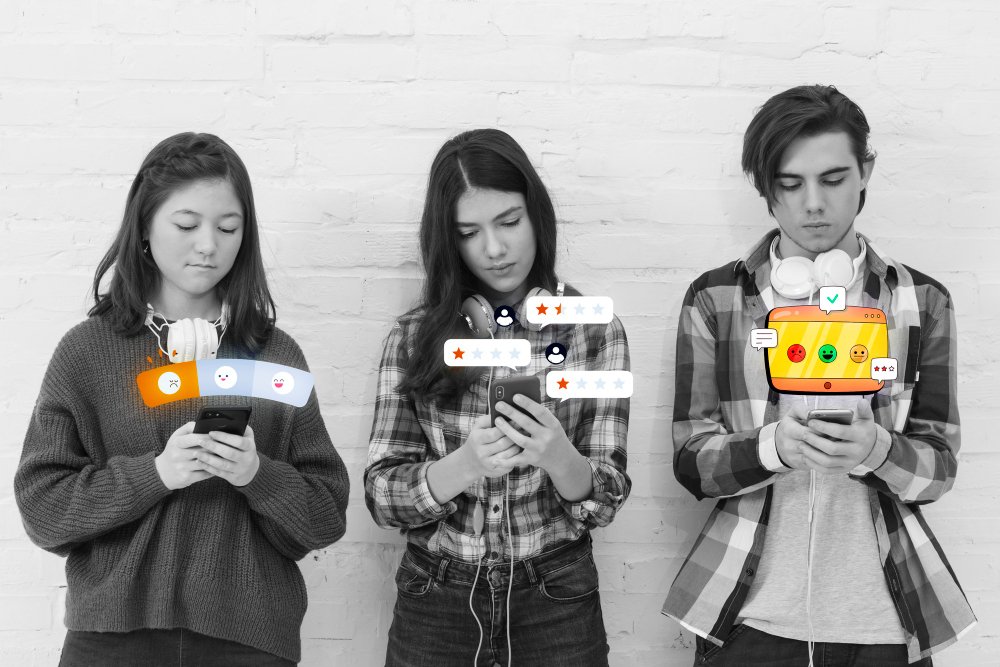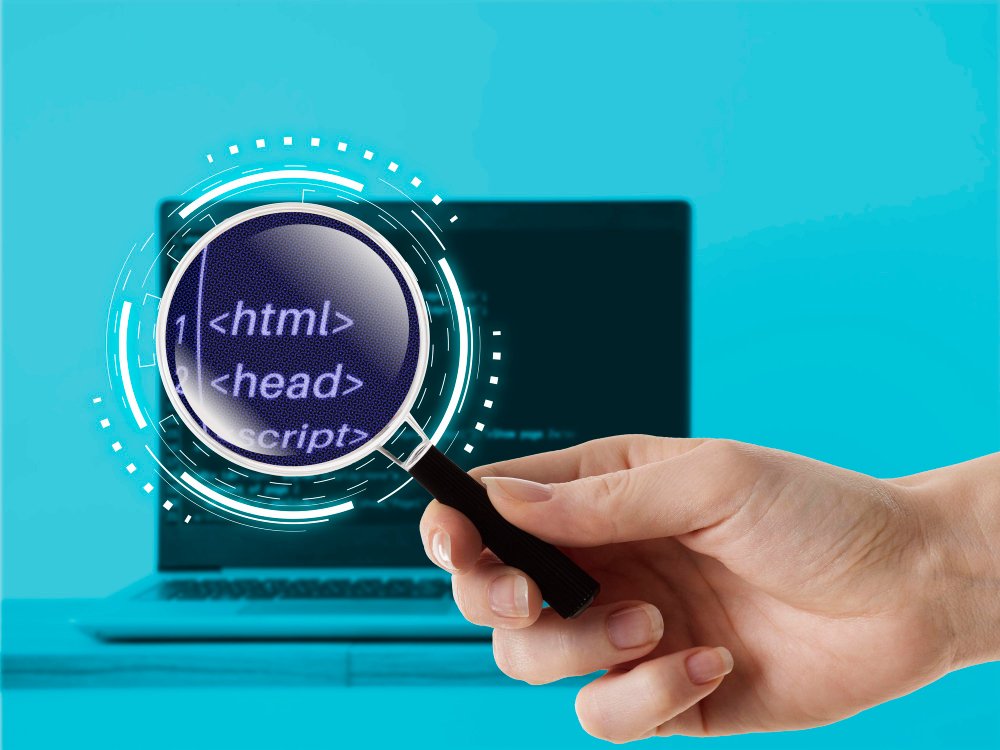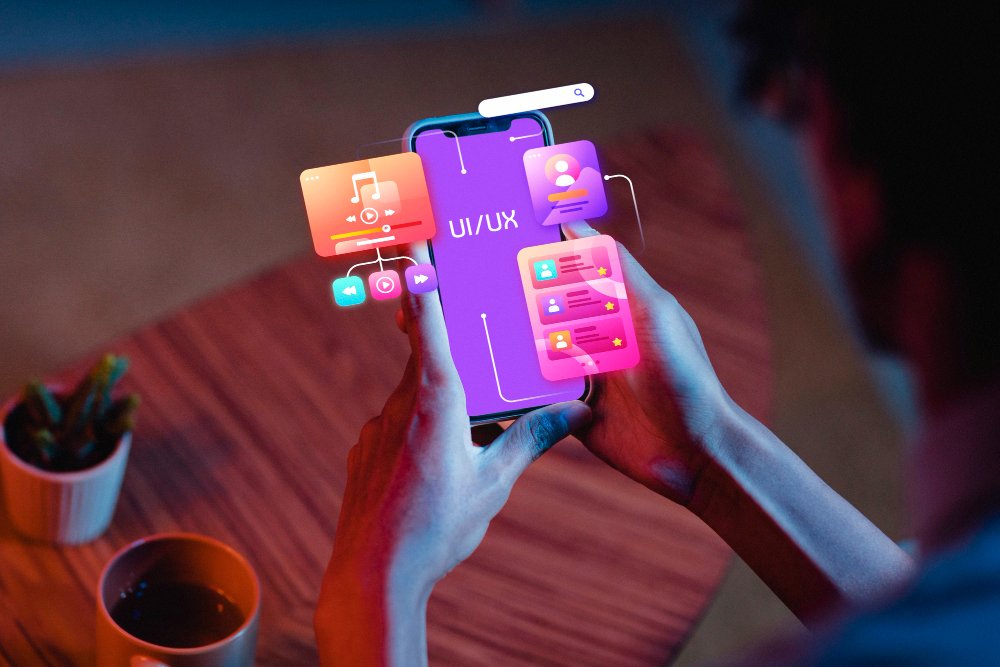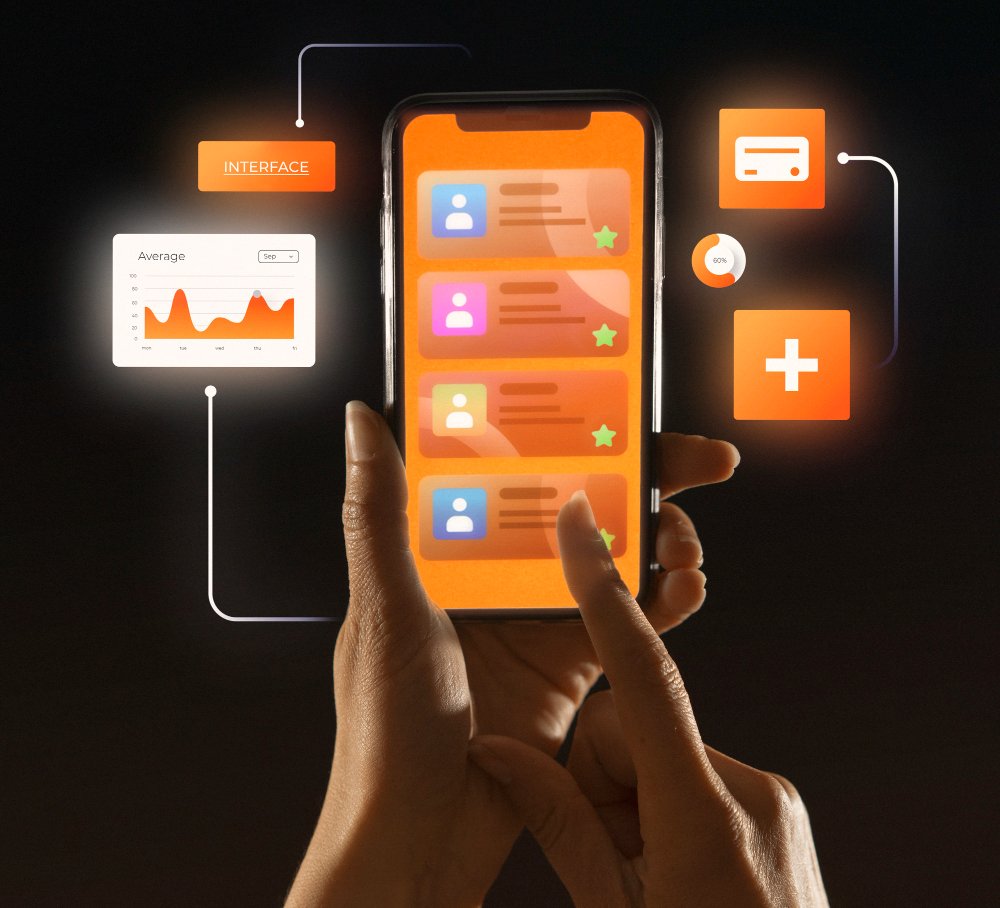The UK healthcare system is on the brink of a digital revolution, with Artificial Intelligence (AI) leading the charge. From automating hospital operations to predicting illnesses before symptoms appear, AI is transforming the way healthcare is delivered, managed, and experienced. As HealthTech investments surge and the NHS embraces AI-driven solutions, 2026 is shaping up to be a defining year for innovation in the UK’s medical landscape.
This transformation isn’t just about advanced algorithms it’s about enhancing patient outcomes, empowering healthcare professionals, and making medical systems more sustainable. Let’s take a closer look at ten powerful ways AI is reshaping the UK healthcare sector.

1. AI-Powered Diagnostics and Imaging
AI has revolutionised diagnostic accuracy, particularly in medical imaging. Machine learning models are now capable of analysing X-rays, CT scans, MRIs, and mammograms with astonishing precision. These systems detect subtle anomalies that might go unnoticed by the human eye, enabling earlier diagnosis of conditions such as cancer, heart disease, and neurological disorders.
In NHS hospitals, AI tools are already being used to prioritise critical cases, reduce diagnostic backlogs, and assist radiologists with faster, data-supported interpretations. The result is a healthcare environment that is faster, more accurate, and patient-centric, where technology and human expertise work hand in hand.
2. Predictive Analytics for Preventive Healthcare
One of AI’s greatest contributions lies in prevention rather than cure. Through predictive analytics, AI can analyse vast sets of patient data including lifestyle habits, medical histories, and environmental factors to identify individuals at risk of developing chronic diseases.
This proactive approach allows healthcare providers to implement preventive measures before illnesses escalate. In the UK, this model is helping transition the healthcare system from reactive treatment to preventive care, reducing long-term costs while improving population health outcomes. By 2026, predictive healthcare powered by AI will be a cornerstone of NHS strategy, driving early intervention and smarter resource allocation.
3. Virtual Health Assistants and Intelligent Chatbots
AI-driven virtual assistants are becoming the new face of patient interaction. These smart chatbots can answer medical queries, schedule appointments, manage prescriptions, and provide post-treatment guidance all through natural, conversational interfaces.
Many NHS trusts and private healthcare providers have already begun deploying AI chatbots to assist patients 24/7. Beyond convenience, these tools enhance accessibility for people in remote areas and reduce administrative strain on doctors and nurses. In the coming years, AI-powered virtual care will evolve into intelligent, empathetic systems capable of understanding patient emotions and adapting responses accordingly.
4. Accelerating Drug Discovery and Clinical Trials
AI is redefining the future of pharmaceuticals. Traditionally, drug discovery and clinical trials take years and billions of pounds. But with AI, researchers can now analyse complex biological data in weeks, predict drug-to-target interactions, and simulate clinical responses virtually.
UK-based pharmaceutical companies are already collaborating with AI startups to optimise trial recruitment, predict patient outcomes, and identify potential side effects before human testing begins. By 2026, AI is expected to cut drug development timelines by up to 50%, enabling faster access to life-saving treatments and more affordable healthcare innovation.
5. Smarter Hospital Operations and Resource Management
AI isn’t limited to the clinical domain it’s also streamlining hospital operations behind the scenes. From patient scheduling and staff allocation to inventory management and bed optimisation, AI tools are automating processes that once consumed hours of manual effort.
For example, some NHS hospitals have implemented AI systems that analyse patient discharge patterns to reduce waiting times and free up capacity. These technologies are making healthcare institutions more agile, efficient, and responsive ensuring that every bed, staff hour, and medical resource is used optimally. The outcome is a smoother, data-driven hospital ecosystem with improved patient satisfaction and reduced operational costs.
6. Personalised and Precision Medicine
Healthcare is moving beyond the one-size-fits-all approach. AI is enabling truly personalised medicine by combining genomic data, lifestyle information, and medical history to design treatment plans tailored to each patient.
In oncology, for instance, AI systems are identifying genetic mutations that influence tumour growth, helping doctors choose the most effective therapies. This precision-driven approach improves recovery rates and minimises side effects. In the UK, personalised medicine is fast becoming the future standard of care where AI helps deliver treatments that are as unique as the patients themselv
7. Remote Monitoring and Home-Based Care
The combination of AI and IoT (Internet of Things) is empowering patients to take control of their health from home. Wearable devices such as smartwatches and biosensors now continuously track vital signs like heart rate, oxygen levels, and blood glucose, alerting both patients and doctors in real time.
This shift towards remote monitoring is reducing unnecessary hospital visits, especially for patients with chronic conditions. The NHS has already launched several pilot programs that use AI-based platforms to monitor high-risk patients remotely. By 2026, home-based AI healthcare will play a critical role in easing hospital congestion, reducing readmissions, and improving quality of life for millions.
8. AI for Mental Health and Emotional Wellbeing
Mental health remains one of the UK’s most pressing healthcare challenges and AI is helping bridge the gap in access to care. AI-driven mental health platforms use natural language processing (NLP) to detect emotional distress in text or speech, offering real-time coping strategies and directing users to professional support when needed.
From chatbots offering cognitive behavioural therapy (CBT) to predictive algorithms identifying early signs of depression, AI is helping both clinicians and patients take proactive action. While AI will never replace human empathy, it is becoming a valuable companion in providing scalable, accessible, and stigma-free mental health support.
9. Building Trust Through Regulation and Transparency
As AI becomes more integrated into clinical workflows, trust and transparency are crucial. The UK government, NHS England, and regulatory bodies are actively developing frameworks to ensure AI tools are ethical, unbiased, and medically reliable.
The introduction of guidelines around algorithmic accountability, data privacy, and clinical validation is helping build confidence among healthcare professionals and patients alike. With strong governance in place, the UK aims to become a global leader in responsible HealthTech innovation, balancing progress with patient safety.
10. Data-Driven Healthcare Systems
At a systemic level, AI is transforming how healthcare data is utilised. By connecting data from hospitals, general practitioners, public health databases, and wearables, AI enables a unified view of healthcare trends. This allows policymakers and providers to predict disease outbreaks, manage resources, and tailor services to community needs.
The future of UK healthcare will be data-first and insight-driven, where every decision from funding to treatment protocols is informed by intelligent analytics. This marks a decisive shift from reactive crisis management to proactive, evidence-based healthcare planning.
By 2026, Artificial Intelligence will no longer be a futuristic concept in the UK healthcare system it will be a daily reality. From diagnostics to home care, from mental health to precision medicine, AI is becoming the invisible backbone of modern medicine.
However, with innovation comes responsibility. The path forward requires strong data ethics, human oversight, and user-centric design areas where UXDLAB thrives. As a digital innovation partner, UXDLAB empowers healthcare organisations to build trustworthy, scalable, and patient-focused AI solutions that truly make a difference.
The UK’s HealthTech revolution is well underway and AI is at the heart of it. The future of healthcare isn’t just smarter; it’s more human, more connected, and more compassionate.






















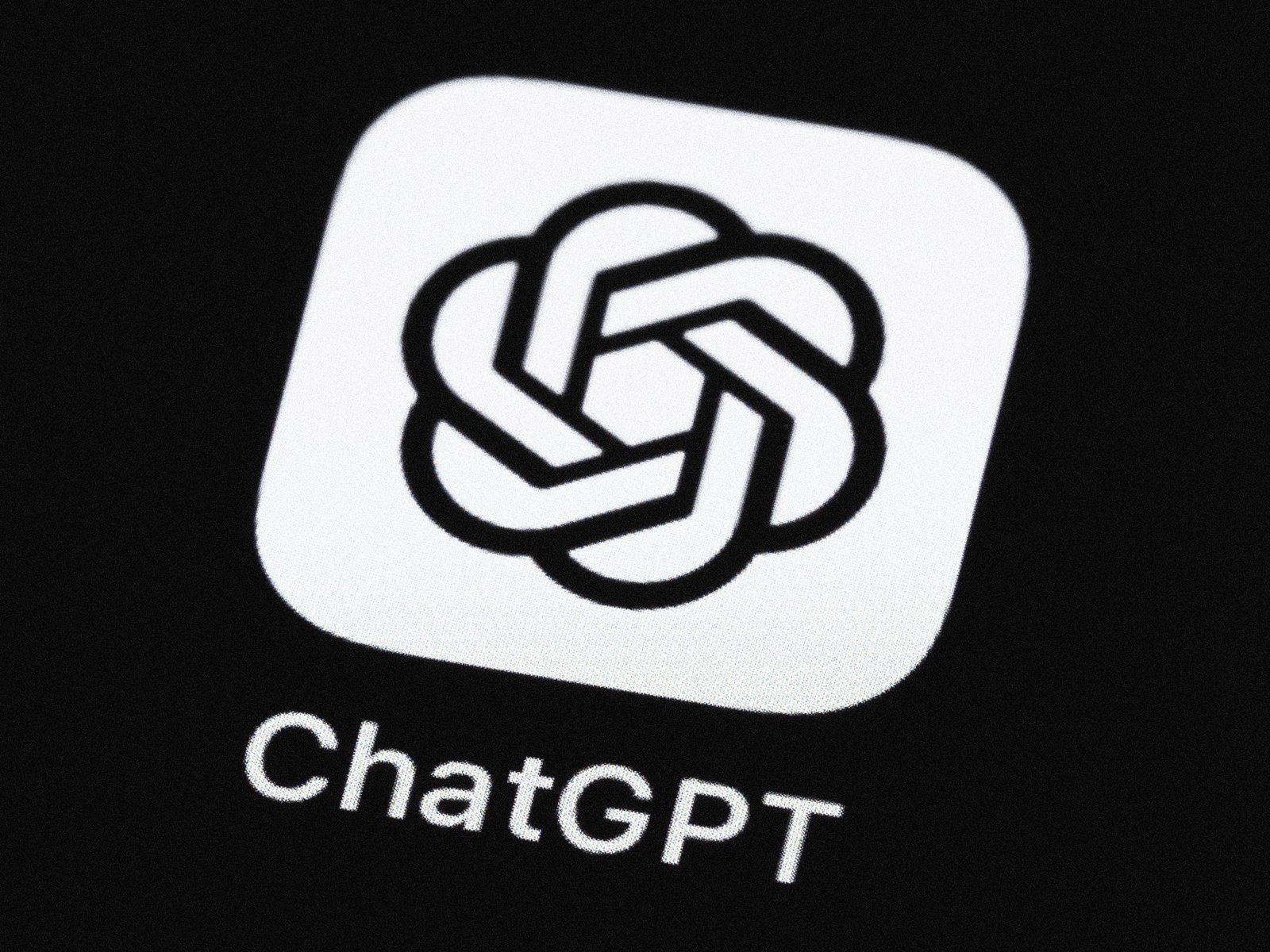











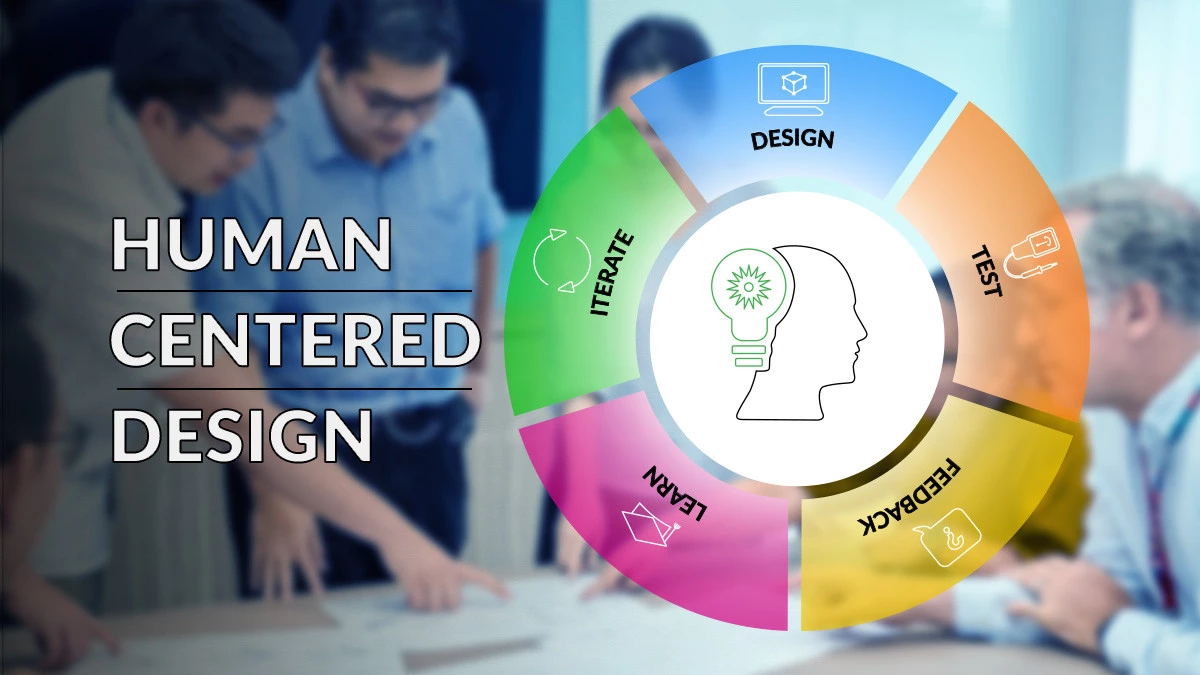
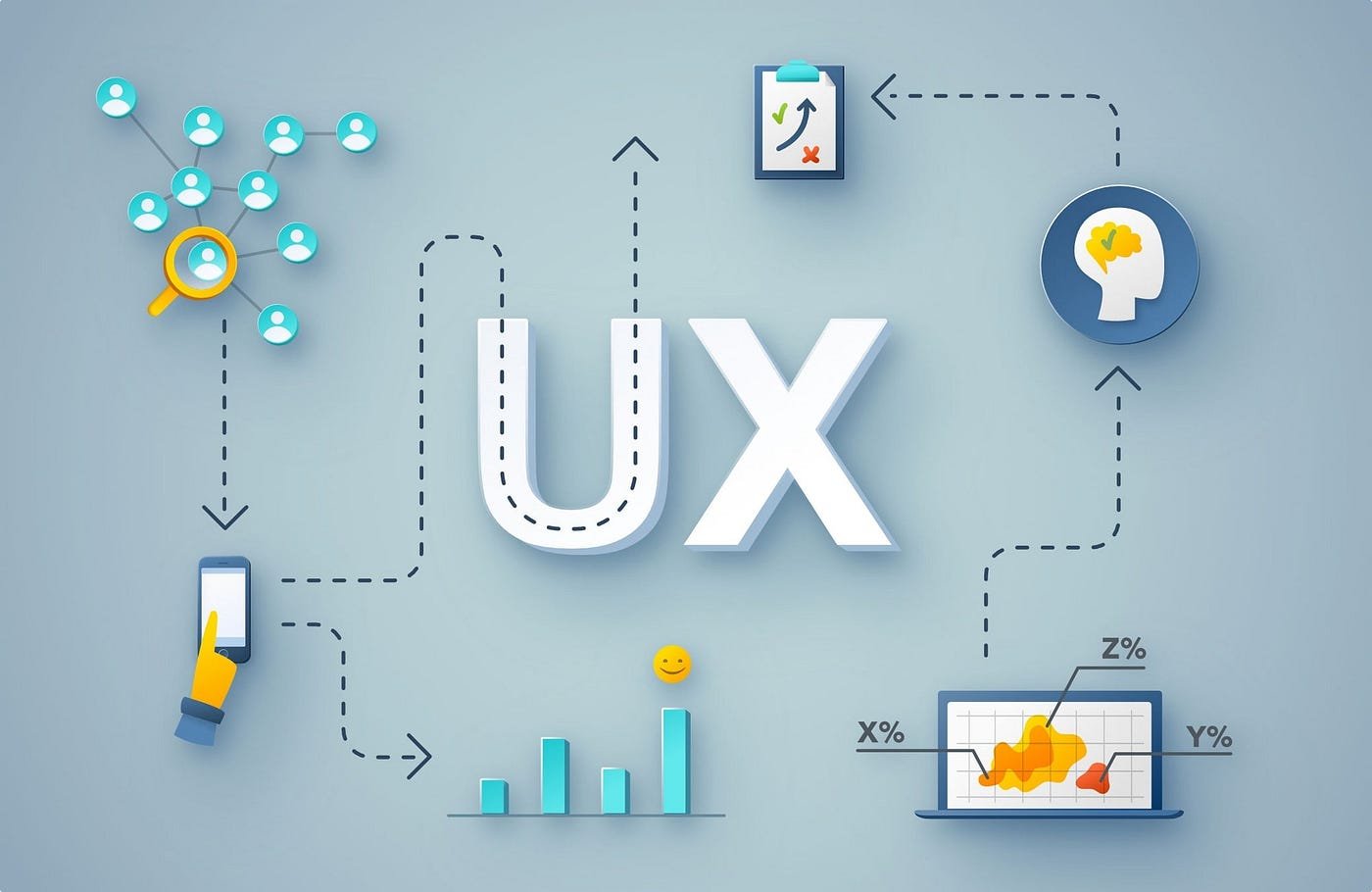
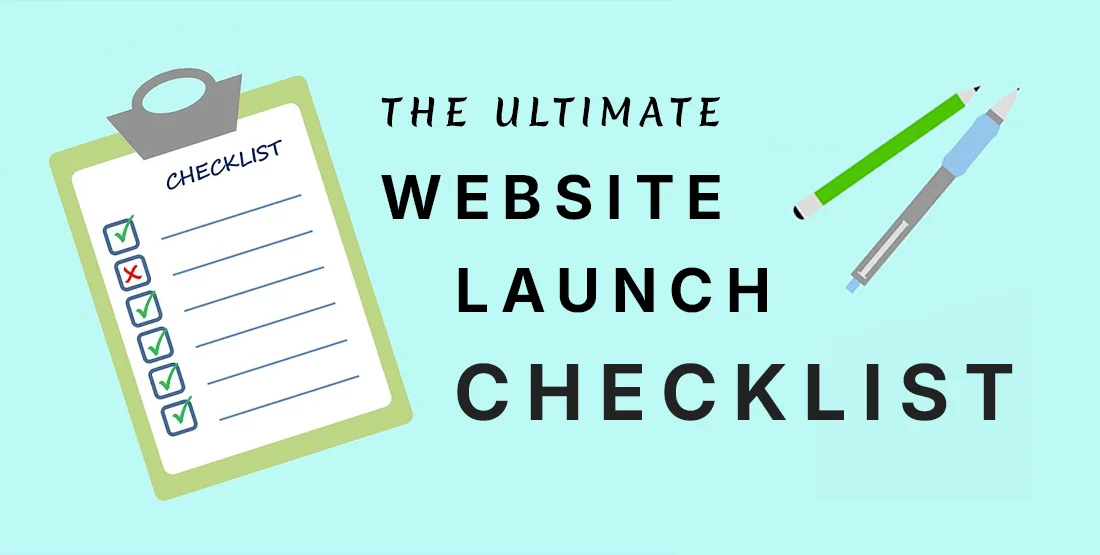
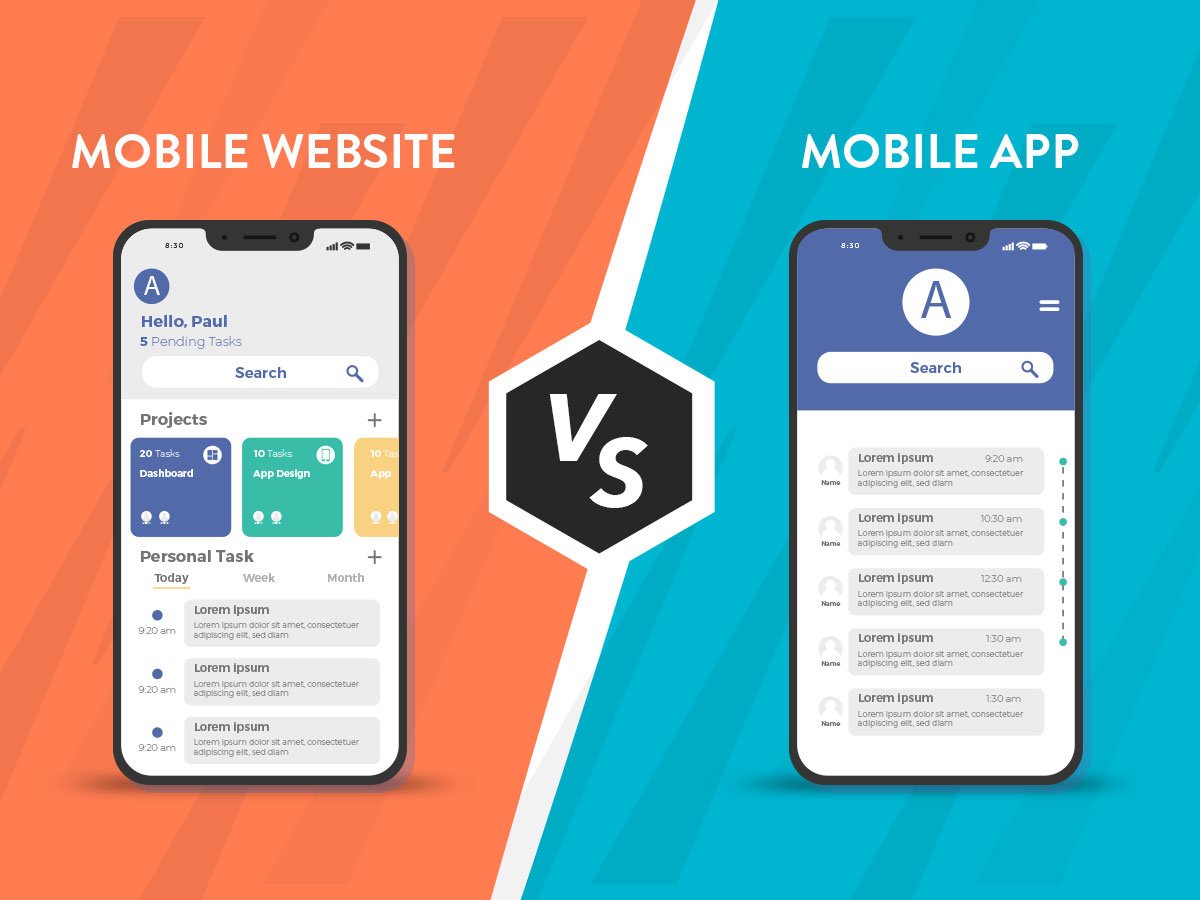


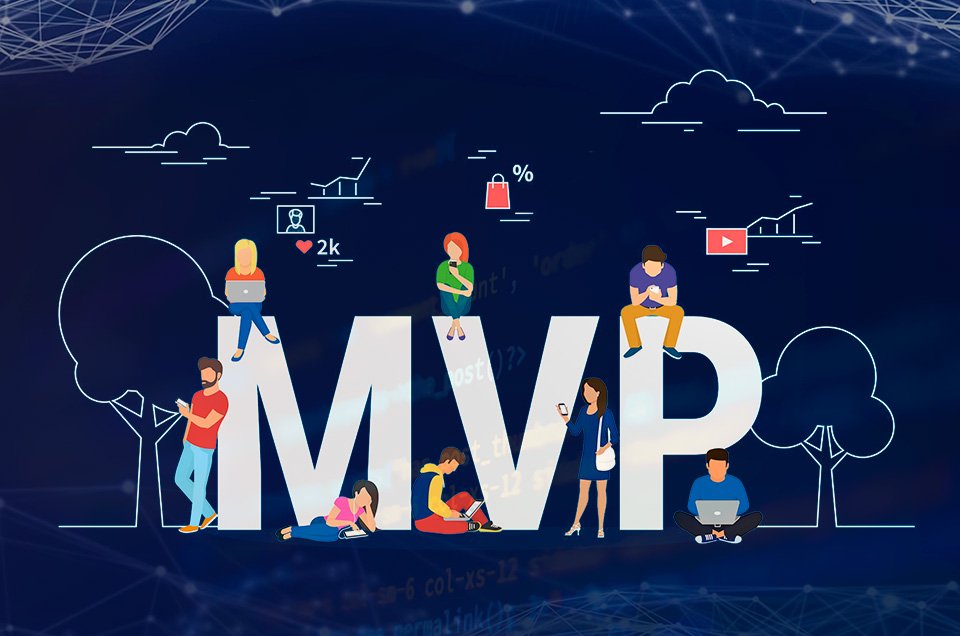

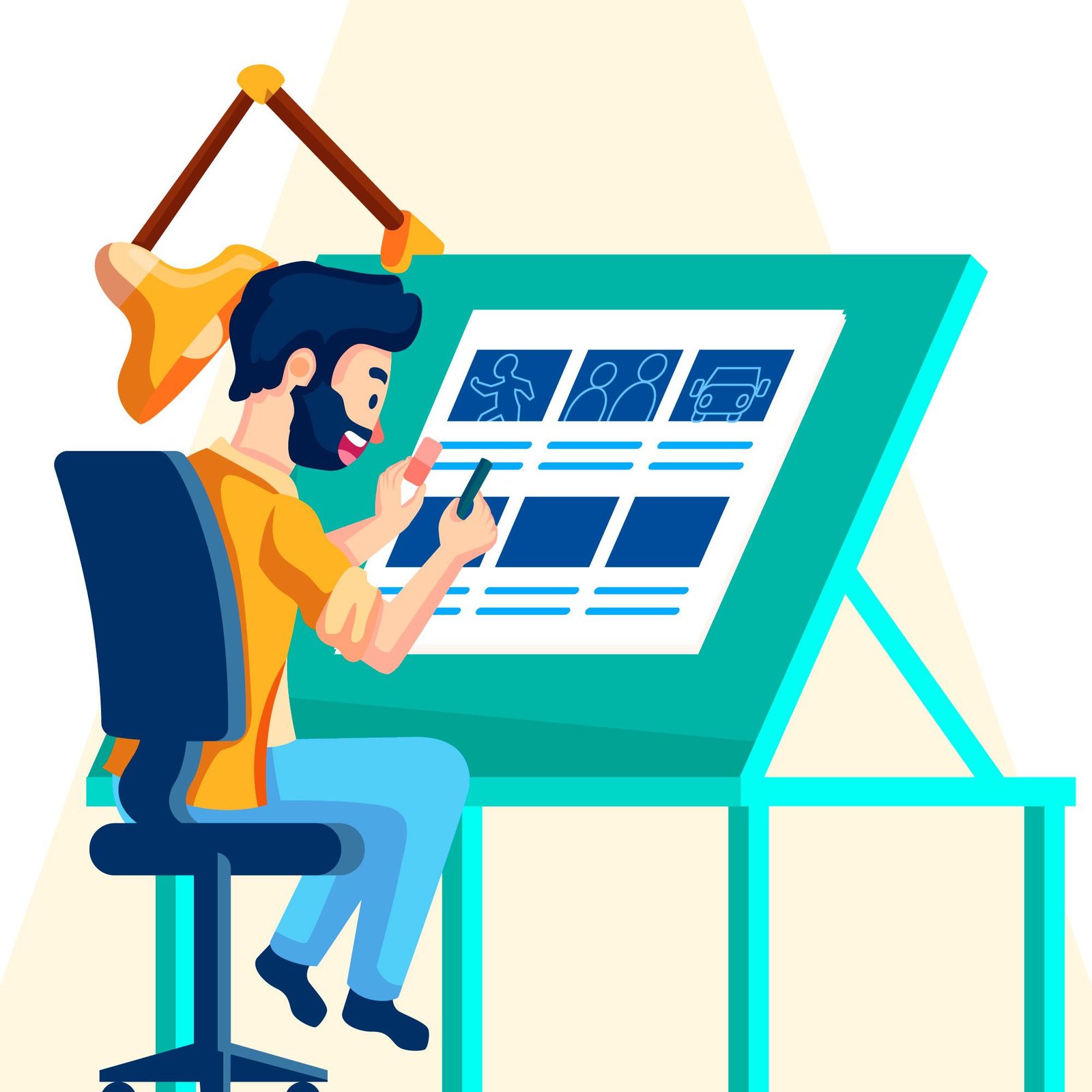
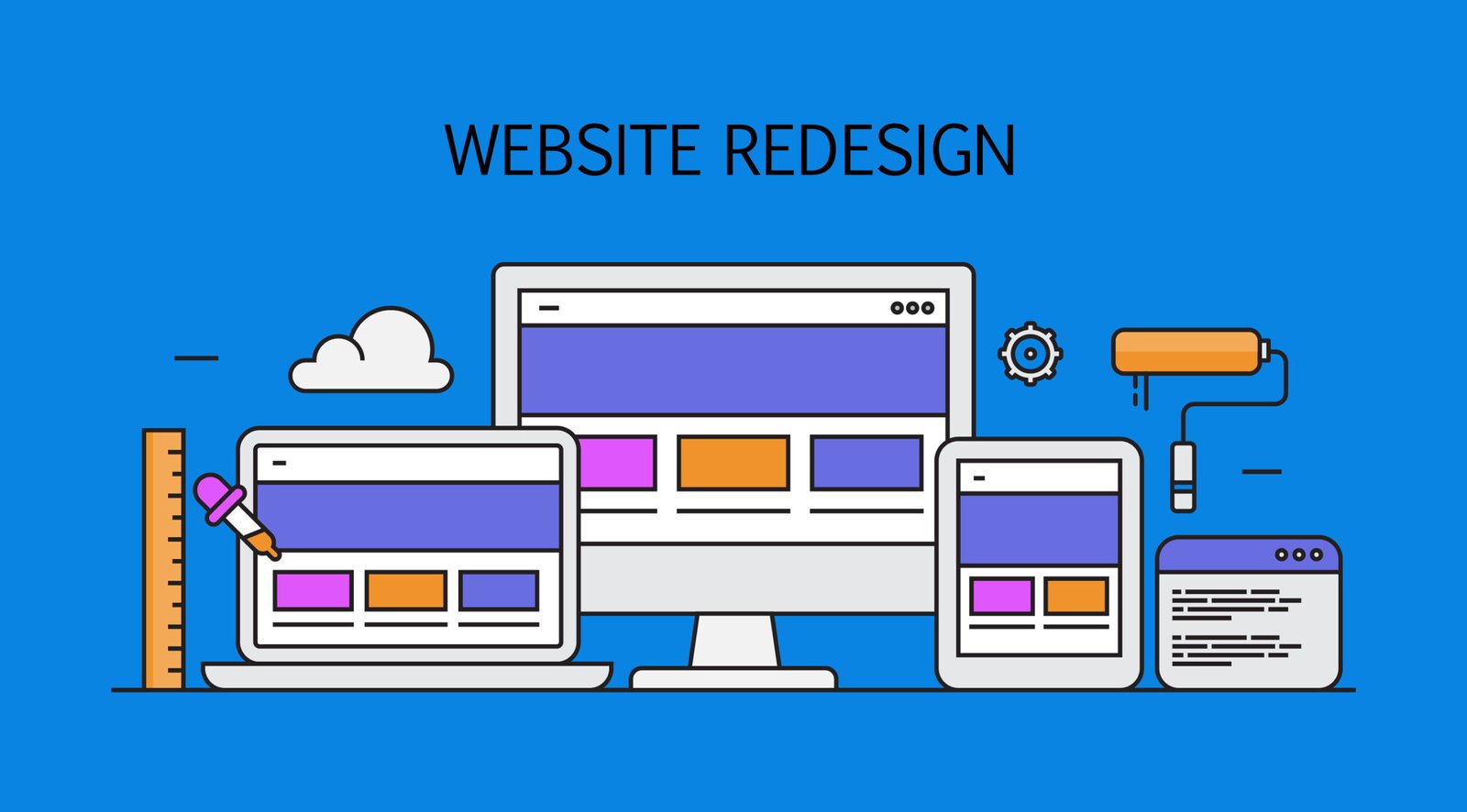
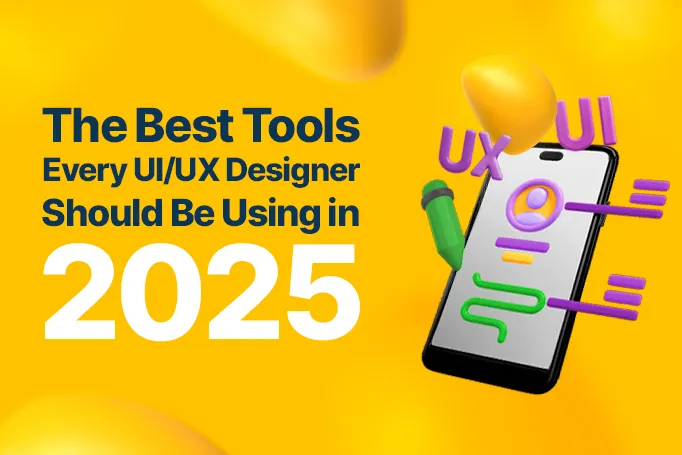
![Case Study: How We Helped [Client] Scale with a Custom Mobile App](https://uxdlab.com/wp-content/uploads/2025/08/case.png)


